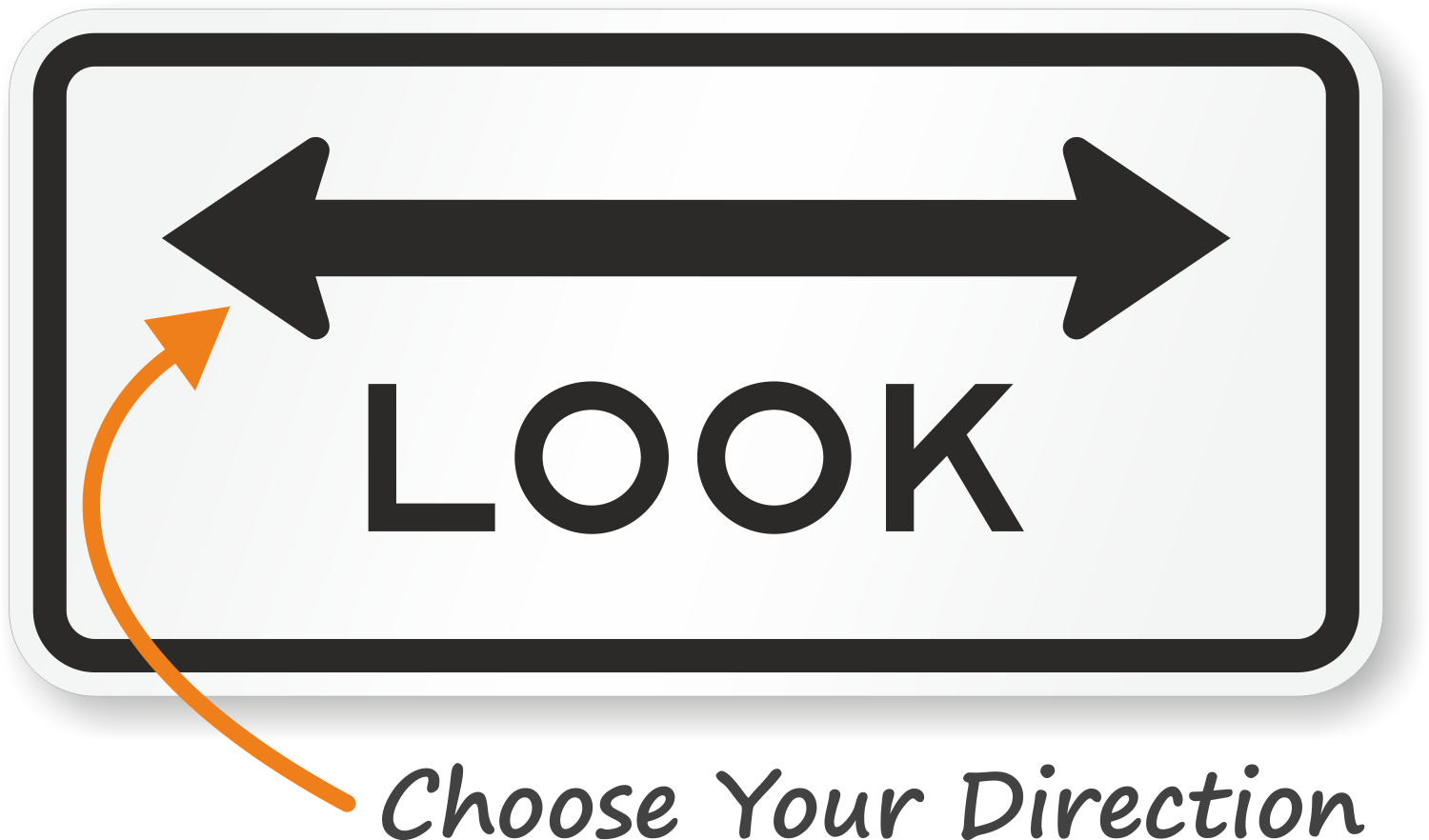My school (formerly a sixth to eighth grade middle school,) is now an inquiry-focused, sciences and technology kindergarten to eighth grade school... elements that when put together can also be called my dream job. The school is in its third year of this paradigm shift toward a custom-built K-8 inquiry, sciences and technology context. We believe that our new school context creates an optimal environment to perpetuate the
learning goals of our District.
The inquiry part of what we're doing at our school is what I want to focus on here. What is inquiry, and how are we building an inquiry-based school? This is the inquiry question we've been working on answering. To me, the process of answering this question is what's so exciting about being part of Glendale school's transformation. Our group of teachers are all at different places in their understanding of inquiry,
technology and sciences, and that is not only OK, it is expected in an
inquiry-based learning environment. We all have personal learning
tendencies. Some like
to go fast, take risks and make mistakes... others are more cautious and
calculated, but everyone needs to be supported if we are to effectively
balance the professional development needs of all staff. I believe it is very important to remember that an inquiry-based school doesn't work very well as a one-size-fits-all environment to address this diversity.
It is very important that we, (meaning all members of the school
family: students, staff, parents and significant community members as
partners,) have a collective vision and mission that guide our
practice, but it's also very important that each individual member of our
school understands that the collective vision and mission does not
dictate that there is only one correct way to do something, and that we
don't all have to be at the same place, and on the same timeline as we
learn forward. If we were to believe so as teachers, we would not be
modeling an authentic inquiry teaching and learning context, as surely
we understand that our students don't learn in the same way, and at the
same pace. The inquiry learning process is in part driven by the
students themselves making it impossible to line everyone up in order of
learning space and learning time.
From Alberta Education on inquiry learning,
Effective inquiry is more than just asking questions. Inquiry-based
learning is a complex process where students formulate questions,
investigate to find answers, build new understandings, meanings and
knowledge, and then communicate their learning's to others. In
classrooms where teachers emphasize inquiry-based learning, students are
actively involved in solving authentic (real-life) problems within the
context of the curriculum and/or community. These powerful learning
experiences engage students deeply.
As we move forward we are asking ourselves over and over again,
"how do we create authentic inquiry learning within our classrooms and
school," we are confronted by the reality that, (like any good inquiry
question,) there is more than one answer. There has to be, owing to the
fact that every member of our school family possesses different
knowledge, skills and attitudes (KSA) relevant to inquiry learning, and
even within each KSA, we all possess different levels of function. This
is real life, and it's awesome. The diversity we have among our school
family members is not a bug; it's a feature... as long as we frame it
that way and are able to let go of our anxieties about changing the way
we are teaching and learning. There is no
one size fits all solution to our guiding inquiry question... we need everybody's answers.
As we ubiquitously create the school we want to serve
kids best in an inquiry-based, science and technology focused context,
it is critically important that we understand the answers are
in here... we
are the answer to every question we ask regarding the directions we go,
the services we provide and the ways that we care for each other, our
students and the rest of the Glendale school family. In the
authentic spirit of professionalism and collaboration, we must look
first to ourselves for the answers to our own questions... that's what
creativity is all about.
Returning to our
District Education Plan, we couldn't ask for a better frame to guide our inquiry. We are representing the District-wide goals of inclusion, literacy and high school completion. We see the process as constructive. We start by inquiring about inclusion. We ask ourselves the inquiry question, "how do we create a
sense of belonging for every single member of our school family?" and then we work off this foundation building toward other inquiry questions that guide our effort to promote literacy across the curriculum, and eventual successful high school completion.
When we work in a
many sizes to fit many inquiry teaching and learning environment, we recognize the value of perspective. We all have one, our students included, and making the effort to know each others is inherently engaging and inclusive. We are focusing on each others strengths, and the strengths of our students to point us in the direction of likely engagement. We all come to school wanting to do well, and focusing on what we can do instead of what we can't leads us down paths that we want to travel. We fully understand that our strengths are differential, and we consider this a bonus... we promote the sharing of strengths openly so we can learn from each other and leverage our ability to maximize positive effect without the pressure of feeling that we're alone on our journey. This is the inclusive path at Glendale School.
Literacy to us is not just a reading and writing issue. We promote literacy in a wide range of developmental knowledge, skill and attitude domains. We understand that kids need to grow literacy comprehensively... physical, emotional, social, environmental, numerical, artistic, musical etc... if they are to be well-rounded learners who recognize how different levels of competence in different domains complement each other, we need to support inquiry into all these domains. We're framing them as
the Sciences, and to us, they are also inclusive,
How often people speak of art and science as though
they were two entirely different things, with no interconnection. An
artist is emotional, they think, and uses only his intuition; he sees
all at once and has no need of reason. A scientist is cold, they think,
and uses only his reason; he argues carefully step by step, and needs no
imagination. That is all wrong. The true artist is quite rational as
well as imaginative and knows what he is doing; if he does not, his art
suffers. The true scientist is quite imaginative as well as rational,
and sometimes leaps to solutions where reason can follow only slowly; if
he does not, his science suffers.
– Isaac Asimov
“Prometheus,”
The Roving Mind (1983)
We believe there needs to be a zen-like balance between the arts and sciences... what for many are dichotomous domains. Staff members are involved in teaching the sciences as related to their relative knowledge, skills and attitudes within particular areas. We play to people's strengths. Everyone contributes based on what they have to offer. This is our balance, and we have great capacity to represent good inquiry teaching across the spectrum.
As we strive to provide inclusive environments targeting the development of literacy across domains, we believe we are promoting high school completion. One of our projects in the context of inclusion is called
Empathy ReBoot. We believe that feelings come first, thoughts second and then tools... in other words, we believe we need to be empathic to the feelings of others before we can help them think with purpose. When we become attuned to the feelings of others, even if we don't fully understand them, we can at least have insight into their perspective. This insight allows us to help them form purpose; to write their
learning stories during the time they are with us; to explore and develop literacy in multiple domains.
Caring for our students in this way shows them we are interested and want to walk with them down their learning paths; to think forward. Once we enter this forward-thinking mindset, it becomes much easier to develop tools together making the journey more purposeful, efficient and enjoyable... the kind students don't want to end, even past high school.
A motto I like to use, and it's permanently fixed on my classroom wall...
If you're having fun and not learning, that's bad.
If you're learning and not having fun, that's worse.
If you're learning and having fun, that's our classroom.
If either of the first two situations arises in my classroom, it really just means we haven't asked enough of the right questions.










 l]
l]


